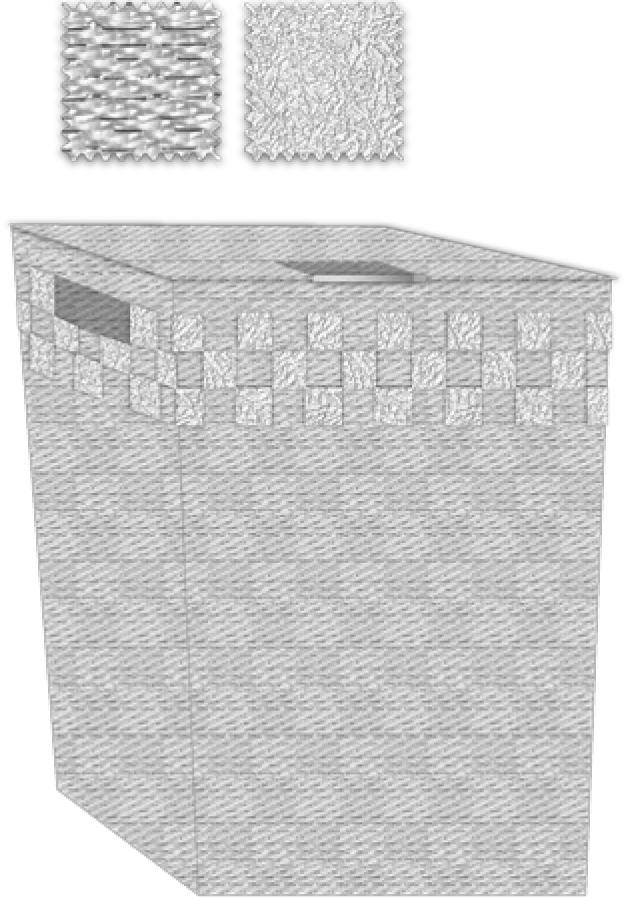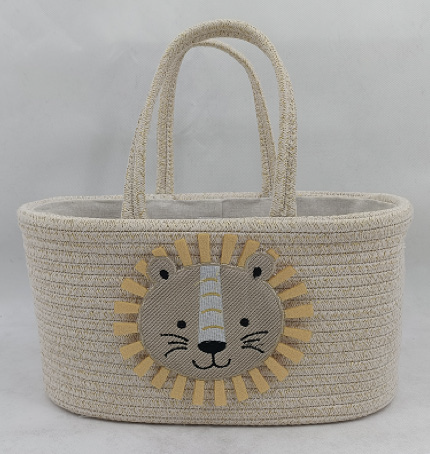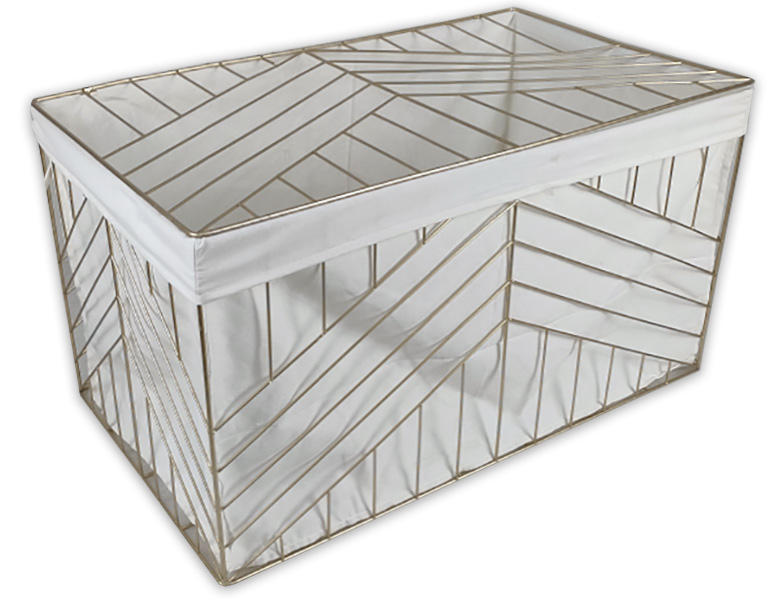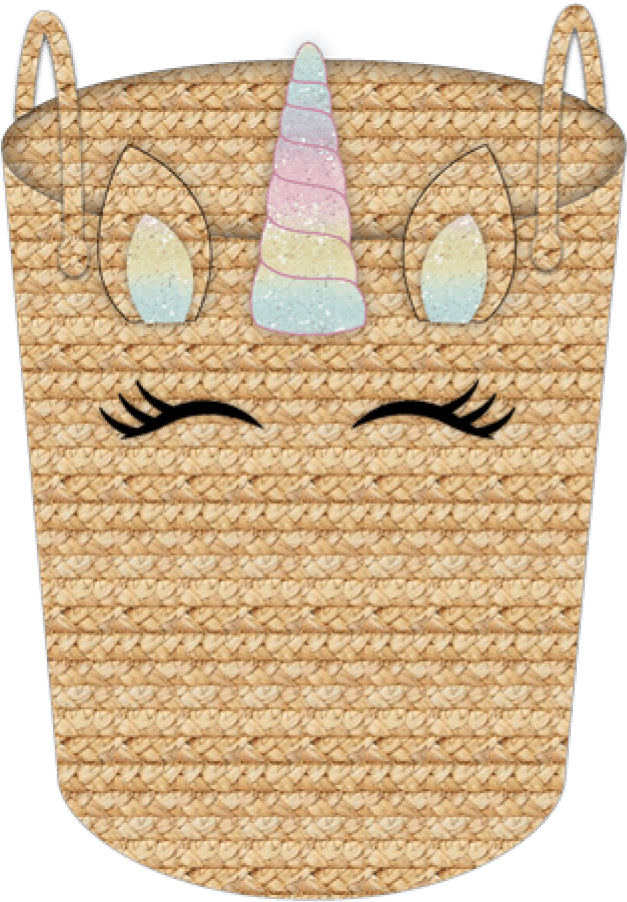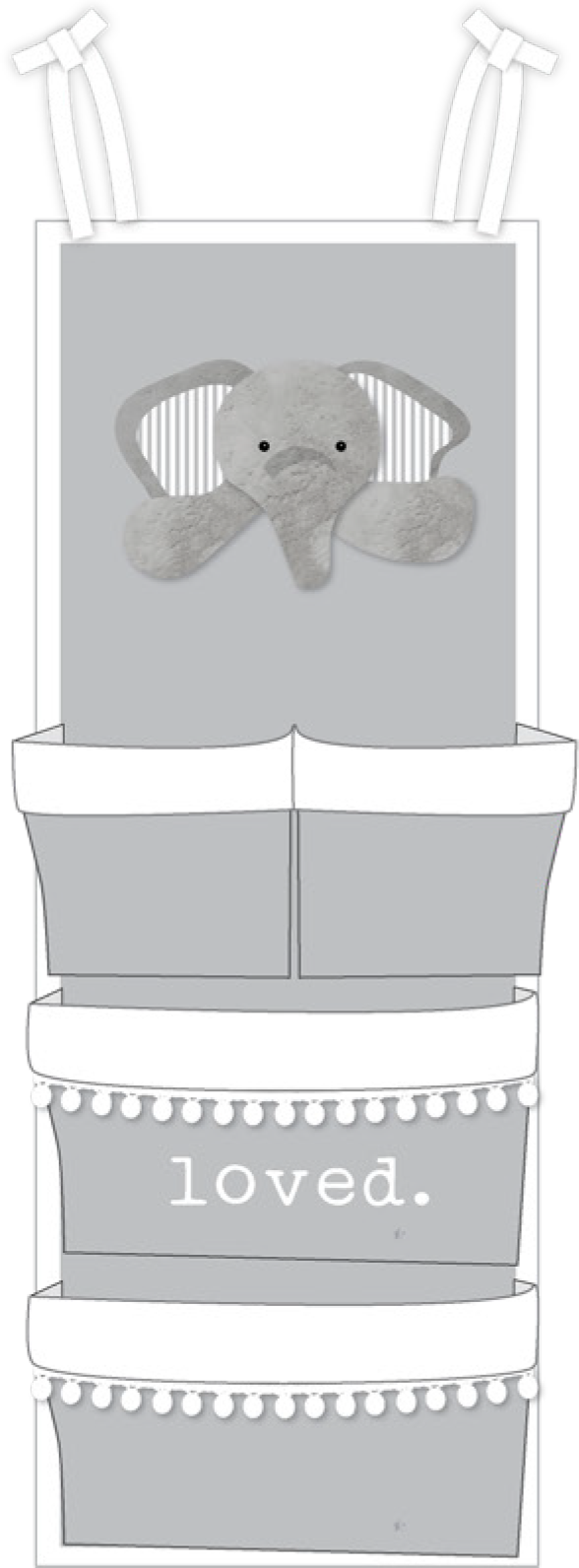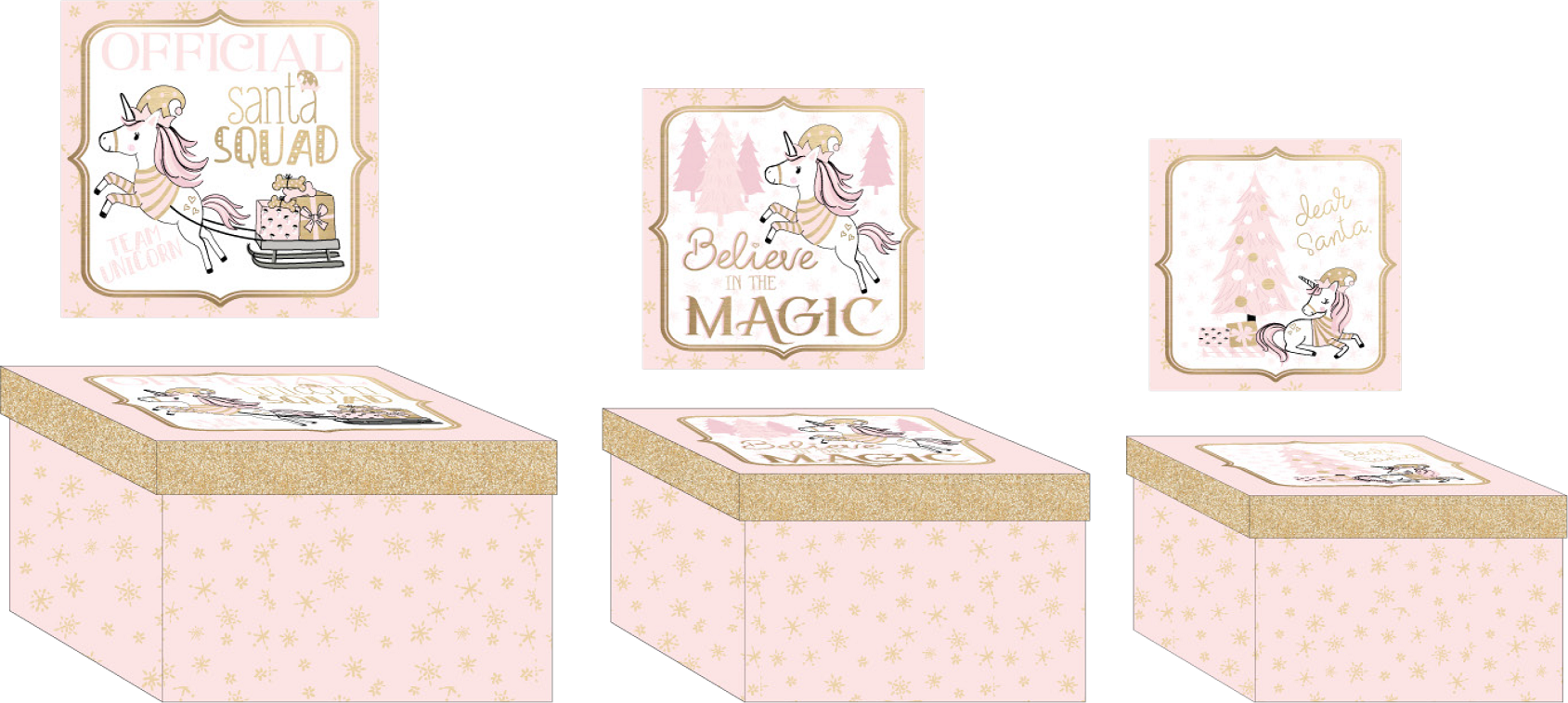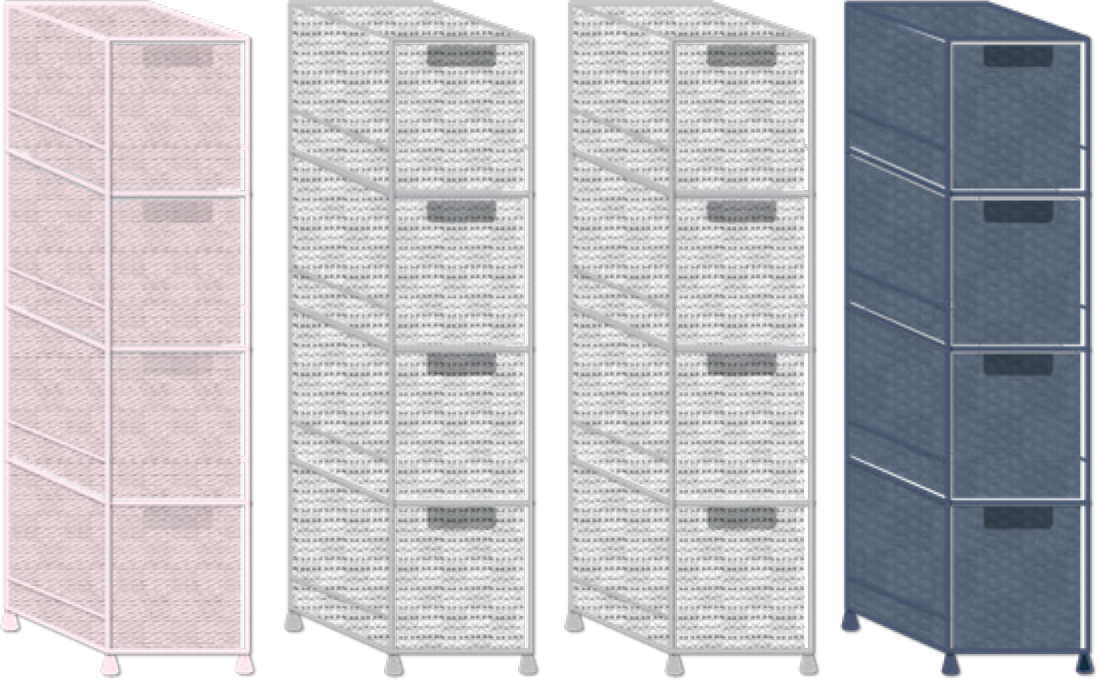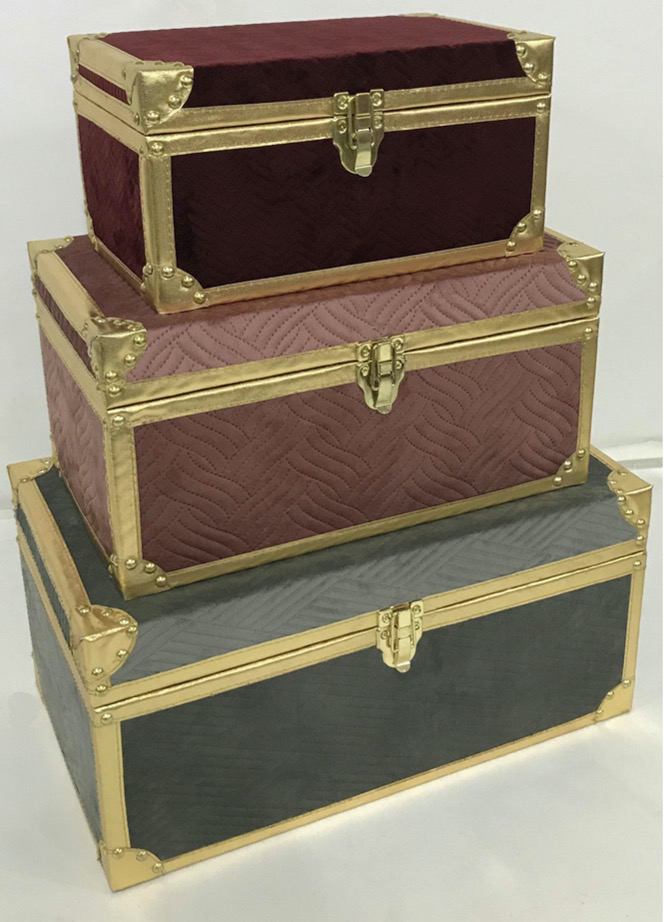Avoiding Intellectual Property Problems
It is Madison Art's policy to respect the intellectual property rights of other companies as well as ourselves. As a result, clients and vendors are contractually prohibited from infringing upon the intellectual property rights of our designs as well as those designs of others. Madison Art understands intellectual property laws can be confusing. Some vendors mistakenly believe it is sometimes permissible to copy products, designs, or patterns created by other companies. This document is intended to correct some of these mistakes and clarify Madison Art's expectations regarding intellectual property.
MISTAKE #1: If a product, design, or pattern is found on the internet, it is okay to copy the product, design, or pattern.
CORRECT ANSWER: Just because a product, design, or pattern is available on the internet does not mean a vendor can copy it. If the product, design, or pattern found on the internet is original, the company that created it owns the intellectual property. If a vendor copies a product, design, or pattern, the vendor, and its customers in the United States, may face legal action for intellectual property infringement.
MISTAKE #2: If a vendor changes a product, design, or pattern by ten percent (10%), it is okay to use that product, design, or pattern.
CORRECT ANSWER: There is no law that says that if a vendor changes a product, design, or pattern by a certain percentage, be it 10%, 20%, 50%, or 90%, it is okay to copy it. If a vendor changes a product, design, or pattern by a certain percentage, the vendor, and its customers in the United States, can still face legal action for intellectual property infringement, including for the portion of the product, design, or pattern that is not changed.
MISTAKE #3: If a vendor only has offices outside the United States, they will not get into trouble for copying a product.
CORRECT ANSWER: Vendors who copy products, designs, or patterns can be damaged in many ways. First, the vendor's customers in the United States can face legal action in the United States for the vendor's infringement. When this happens, the customer may demand reimbursement from the vendor or stop doing business with the vendor. This can damage the vendor's reputation. Also, the courts in countries outside the United States are making it easier for owners to take legal action against vendors in their home countries. Finally, the government in the vendor's home country may punish vendors that copy another company's products, designs, or patterns, especially if the United States government complains.
DON'T MAKE THESE MISTAKES!
By accepting a purchase order, the vendor agrees that it will not make these mistakes or otherwise infringe upon the intellectual property rights of ourselves or others. The best way for a vendor to guarantee that it will not have problems related to intellectual property infringement is to create their own products, designs, and patterns.
